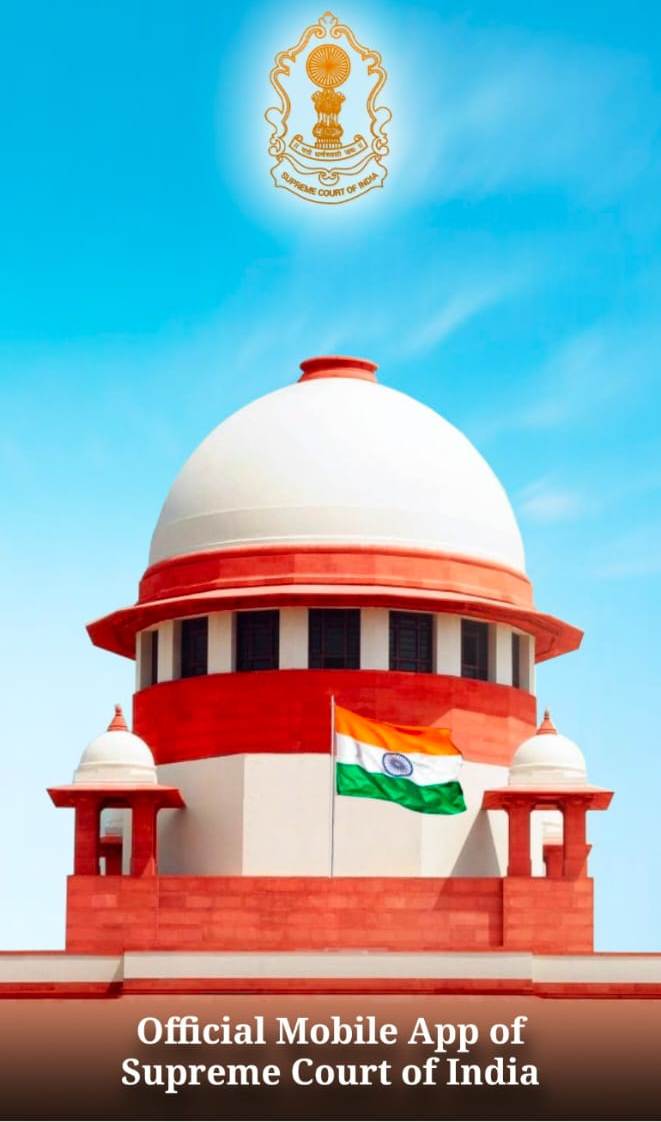The Supreme Court has said that it cannot take recourse to the Places of Worship (Special Provisions) Act of 1991 for ordering a blanket stay on various suits and legal proceedings that remain pending in different courts across countries.
A bench comprising of Chief Justice of India DY Chandrachud,Justice PS Narasimha and Justice Manoj Misra said all the parties seeking stay from the concerned court by pointing out that the Place of Worship Act is in operation and the same has not been stayed by apex court.
The bench remarked that there is no stay on the Act at all. You have to point out before the court that there is no stay. Mere pendency of the plea (before Supreme Court challenging the Act) is not a stay (on the Act).It further said that it cannot stay proceedings before courts without knowing what they are.
The remark was made by the Court after advocate Vrinda Grover urged the Court to consider plea for stay of proceedings.
The Court was hearing a plea by BJP spokesperson Ashwini Kumar Upadhyay who challenged the Act on the ground that it allows illegal acts of invaders to continue for perpetuity by barring legal remedies to Hindus, Jains, Buddhists, Sikhs.
The Apex Court opined that the Central government had three months to file the response and that no blanket stay can be granted by while adjourning the matter.
BJP leader Subramaniam Swamy said that the Central government is inclined to get the matter adjourned and that it should be placed for final hearing.
Before adjourning the matter the court said that it would like to see the affidavit first.
The law which was introduced during the height of the Ram Janmabhoomi movement seeks to protect the status of all religious structures as it stood on the date of independence by barring courts from entertaining cases which raise dispute over the character of such places of worship.
The law further provides that such cases already pending in courts would stand abated.
The Act, however, carved an exception for Ram Janmabhoomi site which was the basis for courts including High Court and Supreme Court hearing that matter.
Since Ayodhya land was exempted, the Supreme Court had invoked this law in 2019 while awarding the disputed site at Ayodhya to child deity Ram Lalla.
The Supreme Court had, however, reaffirmed that similar such cases cannot be entertained with respect to other sites in view of the Act.
However, disputes relating to Gyanvapi mosque and Mathura-Krishna Janmabhoomi are pending before different courts in Uttar Pradesh.


